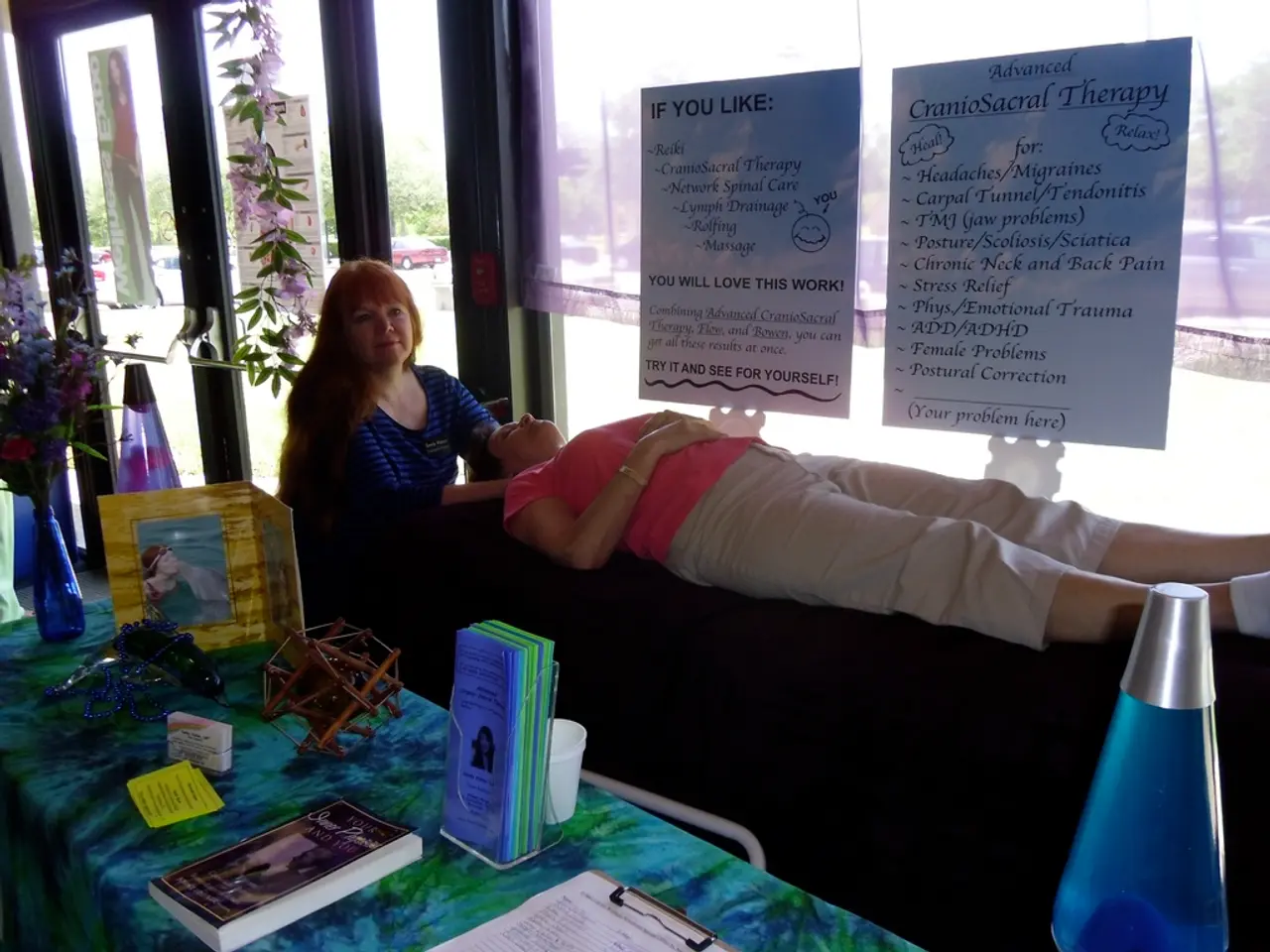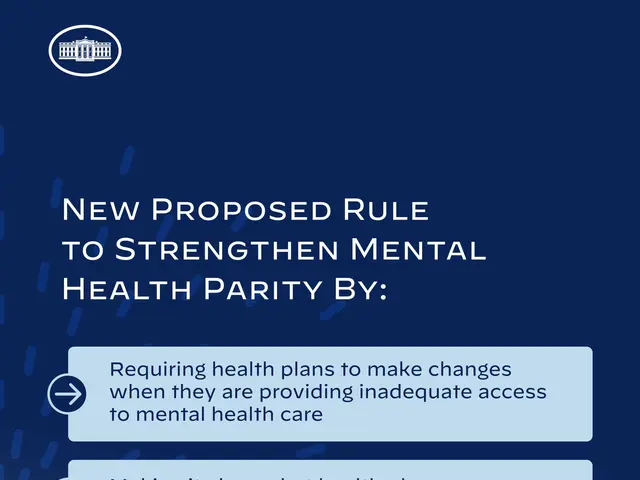Mental Health Care Professional Discusses Role, Benefits, and Additional Information About Psychiatric Nursing
Expanded Roles for Psychiatric Mental Health Nurses (PMHNs) in Mental Health Care
Psychiatric mental health nurses (PMHNs) are registered nurses who have undergone additional training to specialise in the field of mental health. Unlike social workers, psychologists, and psychiatrists, PMHNs have a unique training that equips them to work towards improving or supporting the mental and physical well-being of people with mental health or behavioral conditions.
In their expanded roles, PMHNs assess, diagnose, and treat mental health disorders. They conduct comprehensive psychiatric and psychosocial assessments to identify patients' mental health needs, which involves diagnosing conditions and creating individualized treatment plans.
PMHNs also provide therapy and prescribe medications. As advanced practice nurses, they can provide psychotherapy and prescribe psychiatric medications to manage mental illnesses and substance abuse disorders, filling roles similar to psychiatrists in some settings.
Safety is another critical aspect of a PMHN's role. They manage therapeutic environments and ensure patient safety, often balancing care and security, especially in forensic or high-risk settings where managing violence and aggression may be necessary.
PMHNs work closely with psychiatrists, social workers, psychologists, and other healthcare providers to coordinate comprehensive care and support for patients. They also provide education on mental health conditions, treatment plans, strategies for coping, and prevention, fostering better understanding and engagement in care.
In addition, PMHNs support rehabilitation and recovery, particularly in forensic or severe mental illness contexts. They are involved in rehabilitative therapies aimed at helping patients regain functioning and reintegrate into society.
Beyond direct patient care, PMHNs often communicate and consult with family members or caregivers about treatment progress and mental health needs.
For individuals seeking mental health care, the Substance Abuse and Mental Health Services Administration (SAMHSA) offers a free, confidential 24/7 hotline. People with low-coverage insurance or no insurance can access state-funded programs for free or reduced-cost services through referral services like those offered by SAMHSA.
The cost to see a PMHN depends on the type of insurance and copayment, as well as the setting in which the services are provided. People can ask their healthcare provider to refer them to facilities or clinicians that offer a sliding-fee scale or accept Medicaid or Medicare.
To become a registered nurse, a person must obtain one of three degrees (associate's degree, diploma program, or bachelor's degree) and pass the registered nurse (RN) licensing examination in their state after graduating. PMHNs can work with almost every segment of the population and may obtain specialty training to work with specific populations like children, adolescents, adults, older people, people with substance use disorders, people with eating disorders, or as a consultant or liaison.
PMHNs can become psychiatric mental health advanced practice registered nurses (PMH-APRNs) by obtaining a master's or doctoral degree in psychiatric mental health sciences, allowing them to perform services similar to psychiatrists and psychologists. People with health insurance should contact their insurance provider to identify clinics in their local area that their plan covers for mental healthcare services.
PMHNs, equipped with unique training, work towards improving physical and mental well-being of individuals with mental health conditions, a role that includes assessing, diagnosing, and treating disorders, providing therapy, and prescribing medications. In high-risk settings, PMHNs manage therapeutic environments and ensure patient safety. They coordinate care and support with healthcare providers, offer education on mental health conditions, and support rehabilitation and recovery.
For those seeking mental health care, a free, confidential hotline is available through the Substance Abuse and Mental Health Services Administration (SAMHSA). Individuals with low-coverage insurance or no insurance can access state-funded programs for free or reduced-cost services.
To become a PMHN, one must first become a registered nurse by obtaining a degree and passing the RN licensing examination. PMHNs can further specialize by obtaining a master's or doctoral degree in psychiatric mental health sciences and become PMH-APRNs, performing services similar to psychiatrists and psychologists. People with health insurance should contact their insurance provider to identify clinics in their local area that their plan covers for mental healthcare services.




